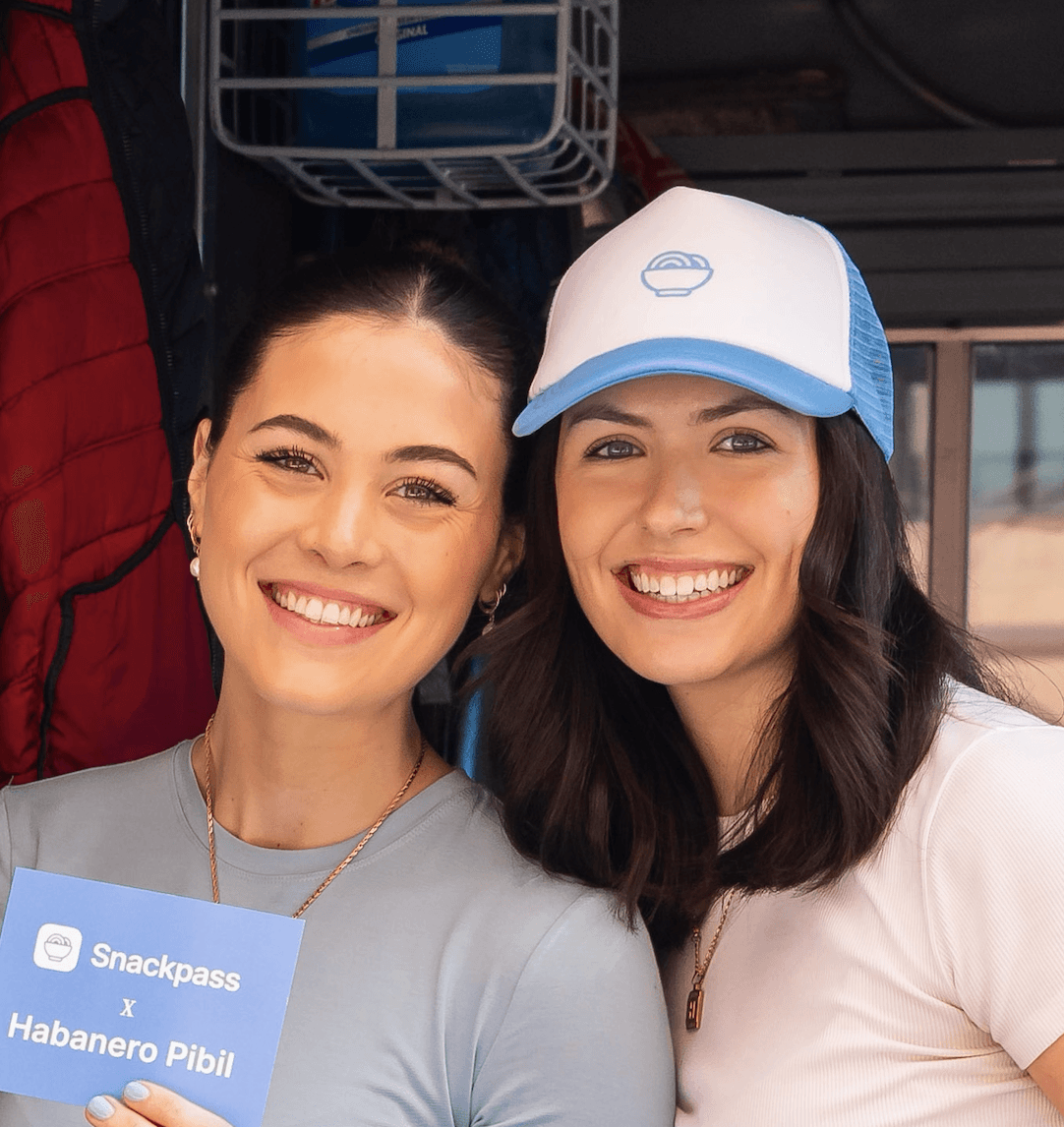Ivan Ramen: From Tokyo Roots to Global Ramen Stardom
How Ivan built a cult ramen empire by blending serious cooking, Japanese soul, and Lower East Side grit.
Ivan’s journey didn’t begin in a kitchen. It started with a love for Japan. That passion eventually led him to open a ramen shop in Tokyo, where his handcrafted bowls and serious cooking quickly earned cult status. Years later, back in New York, Ivan Ramen continues to blend deep Japanese roots with bold creativity, one unforgettable bowl at a time.
A Tokyo Dream, Realized in New York
Ivan didn’t set out to become a ramen icon. But in 2007, the self-described Japanophile and trained chef opened a tiny ramen shop in Tokyo, driven by his love for the culture and cuisine.
“I was already living in Tokyo, and then I, you know, speak the language, and I'm very comfortable there… I'm a cook, and I loved ramen,” he says. “At first I wasn't really sure how to—it was sort of a fun thing to try.”
Despite being an American in a traditionally Japanese culinary space, his commitment to authenticity and flavor quickly earned respect. “I decided to make my own noodles, which was also not the most common thing,” he recalls. “I think a lot of people took me seriously, and they liked my food.” What started as a low-budget experiment quickly grew into a cult following, with Ivan landing on live radio, TV, and opening a second shop in Tokyo.
When an opportunity came to return to New York—his hometown—he took it. “We opened two Ivan Ramen shops in New York City, and they did really, really well,” he says. Buzz from Tokyo followed him stateside, especially after being featured on Chef’s Table (Season 3, Episode 4), which introduced his story to tens of millions around the world.
Standout Dishes with a Signature Twist
Ivan Ramen’s menu balances creative expression with deep-rooted Japanese technique. The Chicken Paitan, a rich, milky-white chicken broth, is a crowd favorite. “It's probably our number one seller,” Ivan shares.
For something more unexpected, Ivan points to his personal favorite—the Cold Yuzu Shio Ramen. “It's sour and salty and refreshing,” he says. Made with thin noodles and a dashi base, it’s a seasonal summer special that hits from June through August.
Another hit is the Cold Sesame Noodles, a mazemen-style bowl packed with spicy sesame paste, poached chicken, and fresh herbs. “We serve it year-round because it’s really popular and different,” Ivan says.
There’s also the indulgent Triple Pork Triple Garlic Mazemen, and the umami-packed Tonkotsu Tsukemen, which lets diners dip thick cold noodles into a hot, porky broth. Across the board, everything is tested, refined, and tasted by Ivan and his team. “No dish goes on the menu without me tasting it,” he says.
Community, Culture, and a Bit of Chaos
What makes Ivan Ramen special goes beyond the broth. “We've had so many people coming from all over the world,” Ivan says. “Sometimes the dining room is mostly people from everywhere—Uruguay and Brazil and Russia and England and Korea…”
That global vibe is matched by a relaxed, unpretentious setting. “Our restaurant is not a formal restaurant,” he explains. “It's a place where I think people feel relaxed. When people eat ramen… it's fatty and salty and messy.”
It’s a place full of stories—like couples who had their first date there, later got married, and now return every year for their anniversary. “Not just one—like, I would say at least a dozen, if not two dozen,” Ivan says.
New Chapters: Las Vegas, London, and Beyond
Seventeen years in, Ivan isn’t slowing down. “In June 9, we open a new Ivan Ramen in Las Vegas, in the Venetian casino,” he says. “And in September, October, we opened our first shop in London.”
The pandemic shook up the restaurant world, and Ivan’s team had to rebuild. “It’s really taken about four or five years for us to kind of figure out how to get back on top,” he says. Now, with new energy and dishes in the works, he feels the food is better than ever.
And while Ivan doesn’t cook every dish himself anymore, his fingerprints are on every bowl. “We sit together and we taste it, and we talk, and we all take notes, and we share the notes,” he says.
“Ivan Ramen is my job. I don't have another job. It's my life.”




